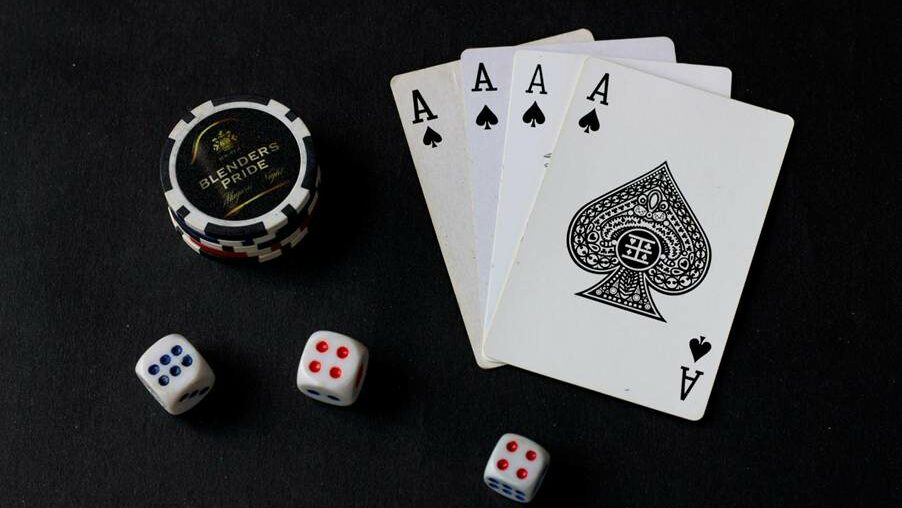High-Stakes Drama: When Poker’s Biggest Names Voice Their Complaints
In partnership with LegalUSPokerSites.com
By K.H. Koehler

Sometimes, what’s going on beyond the cards is more interesting than what’s being shown at the poker table. Player personalities and their colorful complaints very often captivate their fans. And top-tier poker tournaments can offer drama that’s off the scales. Online poker communities such as LegalUSPokerSites.com follow these moments for both insight and entertainment.
The Unfiltered Voice of Professional Poker
Top-tier poker tournaments aren’t merely competitions; they’re stages where poker legends and rising stars can share their unfiltered thoughts in a sport that is absolutely sweeping the US. Thanks to social media, modern players now have a direct line to air their opinions on everything from late registration rules and prize money distribution to the actual conditions of the venues.
While sometimes minimized, these criticisms are often valid and reflect the high standards that the poker elite expect at these events. In 2023, the poker streaming viewership jumped by 47 percent during major tournament weeks [TwitchTracker, 2023], and as the game grew, so did the scrutiny.
As poker journalist Pal Seaton pointed out, “Every time someone like Phil [Hellmuth] complains, it opens the door for actual discussion about real issues.” He adds, “It’s not always whining—sometimes it’s whistleblowing.” This type of feedback often leads to better-organized events and happier players, proving that honest expressions can help the game evolve.
Is it Just Complaining?
When prominent poker players at major tournaments voice their complaints, it’s not just ego or frustration talking. Often, it’s an important part of the professional poker world. When figures like Phil Hellmuth or Daniel Negreanu, known for his thoughtful critiques, speak up, they are often highlighting legitimate issues that affect everyone’s enjoyment of the game and even its integrity.
These issues can range from things like incredibly long registration lines or not enough staff to more fundamental worries about the tournament’s rules, or even how other players and staff behave. Venue conditions often come under fire, ranging from uncomfortable chairs and poor lighting to bad air circulation and a lack of ease of accessibility for the disabled. They may look like small and annoying grievances, but these seemingly minor issues can impact a player’s focus.
The Power of Social Media
The explosion of social media has given poker players an unprecedented way to broadcast their grievances. And even fans can voice their concerns. This enormous public conversation creates a unique kind of fan engagement as spectators are sucked deep into the gameplay, as well as the unfolding personal dramas.
When a high-profile player posts a video rant, it quickly goes viral within the poker community, sparking widespread debate and discussion and very often pushing tournament organizers to respond. This transparency can benefit everyone involved, even if it is messy. Fans, in turn, feel especially connected to the game as they witness these rants and meltdowns, a major change from the usual stoic faces they see at the tables.
How Complaints Lead to Real Improvements
When top players highlight problems, it forces organizers to re-evaluate their processes and make the needed adjustments. This feedback loop is important for continuously improving top-tier tournaments.
The poker community often relies on these vocal critiques to collectively push for a better experience for everyone involved. As Paul Seaton suggests, it’s not always about complaining; it’s often about constructive criticism that moves the needle, and the game, forward.
FAQ Section:
Who is considered the most controversial poker player at tier-1 poker tournaments?
Phil Hellmuth frequently makes headlines for his critiques.
What do players complain about at these events?
Common complaints include late start times, confusing rules, uncomfortable conditions, and payout fairness.
Are these complaints helping the game?
Yes. Vocal feedback often leads to better-organized events and increased player and fan satisfaction.
Please play responsibly. If you or someone you know has a gambling problem, help is available. Call 1-800-GAMBLER.
(Most states in which gambling is legal also have state-specific “Help” resource disclosure requirements.)
